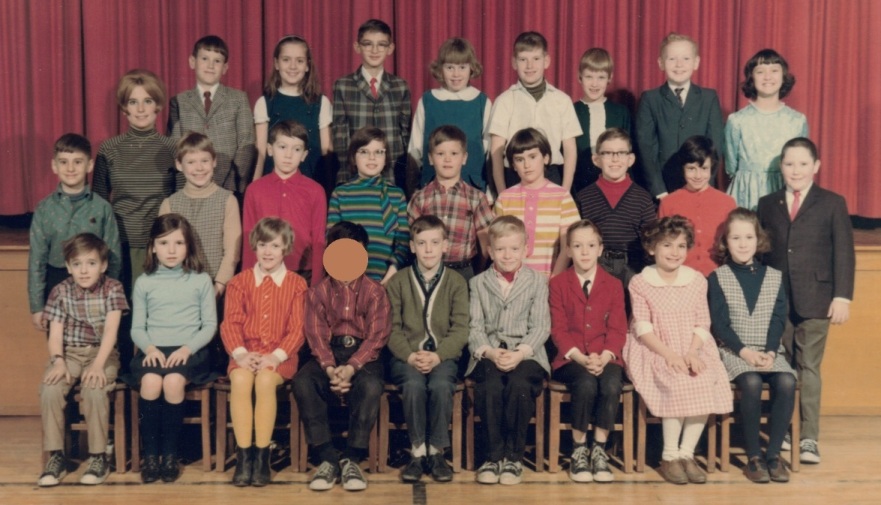
In a room with four white walls, there was a little brown boy in the centre of the room. He was scared and lonely and did not understand why he was here. But he knew he had to make the best of it.
He slowly turned in a circle and saw that of the four white walls, three did not have anything on it. There were no family portraits of any sort on the three walls to indicate who owned the room. The last wall had a mirror. The little boy looked into the mirror and saw himself and three white walls behind him. He knew he stood out. He knew he was alone and that made him tremble with fear.
He spun away from the mirror and looked at the white walls. They had no blemishes, not even a portrait. They stood erect, tall and strong as if they were a different species from him. “It would be pretty cool to be a white wall” thought the little brown boy. “Will they accept me for who I am?”
With hope in his heart, he went up to a wall and asked, “Can I play with you?” The wall stood silent, as if it had not heard him. The little brown boy asked the other three walls the same question. Yet not even a whisper penetrated the stillness of the room.
Unbidding tears slowly descended down his face leaving streak marks on his cheeks, the only evidence of his sadness as he cried silently. The walls were not accepting of him and he was sure they could hear him. His tears blinded his eyes as he searched for a door that was not there.
Alas, he slammed into a wall and fell back writhing in pain. The walls had hit him. He was the weed amongst roses, the stone amongst diamonds. He stood out but no one noticed him. He was all alone in this room with four white walls, unable to do anything but cry.

This little brown boy is the voice of many Tamils who grew up in communities where other races were more dominant. This little boy grew up with white people and all he had to do was look around him to realize that somehow he didn’t fit in. He could not fully understand how his skin colour set him apart for his mind was that of an innocent child. All he wanted to do was play as children do. But as others ran gleefully amongst the hills, he watched sadly from below.
As the years passed and he grew older, the colours that set him apart from the rest seemed to disappear without warning and suddenly it wasn’t a community of white people and one brown person. It was a community of human beings. And as I sit here typing away, I realize that I am facing off with my past. See this child – this little brown boy – grew up to be me. Yet deep down that child will always be inside of me.
When you’re at a restaurant and you are compelled to try something new, you may have your concerns about what you are eating because it is different from what you’re accustomed to. You may pucker your face and attempt the first bite, eat it like you would any other food. Or you may refuse to try it and perhaps go as far as to say “this looks disgusting.” Yet if you were to try it a few times, it would become an acquired taste and you might even like it.
Similarly when someone is different, you will befriend them because you genuinely want to or befriend them because you feel sorry for them. Or you may ignore them, push them away and perhaps bully them. The little brown boy was pushed away and bullied.
Yet over time as people slowly got used to him, he became an acquired taste. They accepted him for who he was. It was not the most pleasant of paths but it taught him something invaluable: It doesn’t matter how different someone is, always give them the chance they never had. You might be surprised.
























